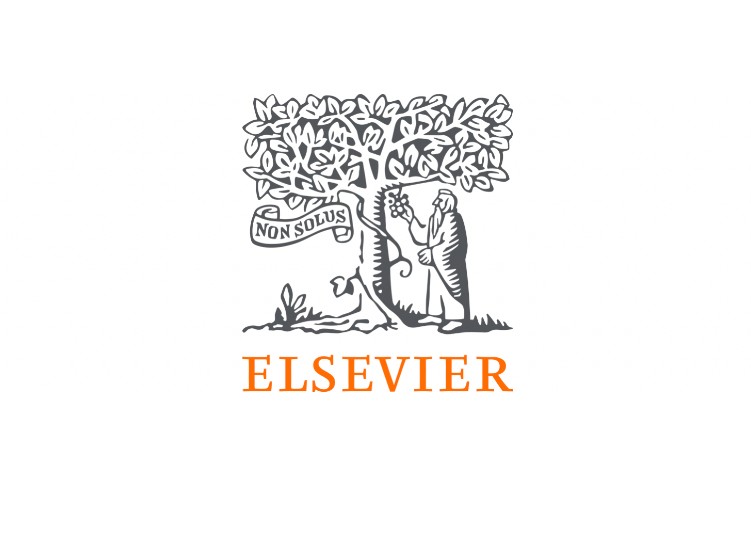Facebook has over two billion active users, making it one of the largest communities in the world. In the United States, 68% percent of adults use the platform and more Americans get news from Facebook than any other website or single news outlet. On Facebook, users engage with a personalized News Feed, where posts shared by friends appear alongside sponsored advertising content. While public health researchers have frequently studied marketing strategies used to promote harmful products in print and broadcast media [5], [6], there is a critical lack of public health research on social media advertising. Social media sites like Facebook offer advertisers an easy and inexpensive channel to reach narrowly-defined audiences in a relatively unregulated setting. Each user sees advertisements tailored to their interests, habits, and online behaviors. This highly personalized tailoring makes Facebook advertising enormously successful, but also has limited opportunities for research.
We turned our attention to vaccine-related Facebook advertisements as the World Health Organization (WHO) listed vaccine hesitancy -- due, in part, to online misinformation -- among the top ten global health threats of 2019. As parents delay or forgo recommended childhood vaccines, scholars have implicated the widespread circulation of misleading vaccine information online. The Facebook platform, in particular, has been used to disseminate highly polarized user-generated content. In early 2019, measles outbreaks across the U.S. drew media attention to the possible influence of vaccine-related Facebook advertising, but no academic studies have yet examined this issue. These measles outbreaks only underscored the potential risks posed to global health by misleading health-related Facebook advertisements. Whereas traditional advertising techniques might have failed to find a coherent audience of vaccine-hesitant individuals [22], sophisticated algorithms can be used to micro-target individuals who are susceptible to vaccine opposition.


